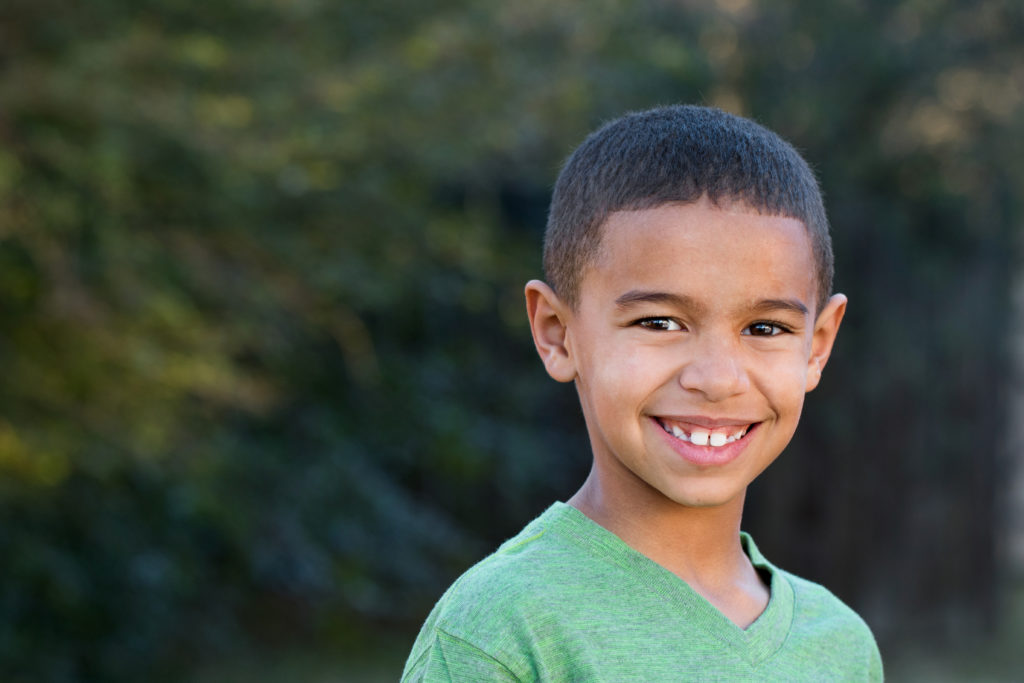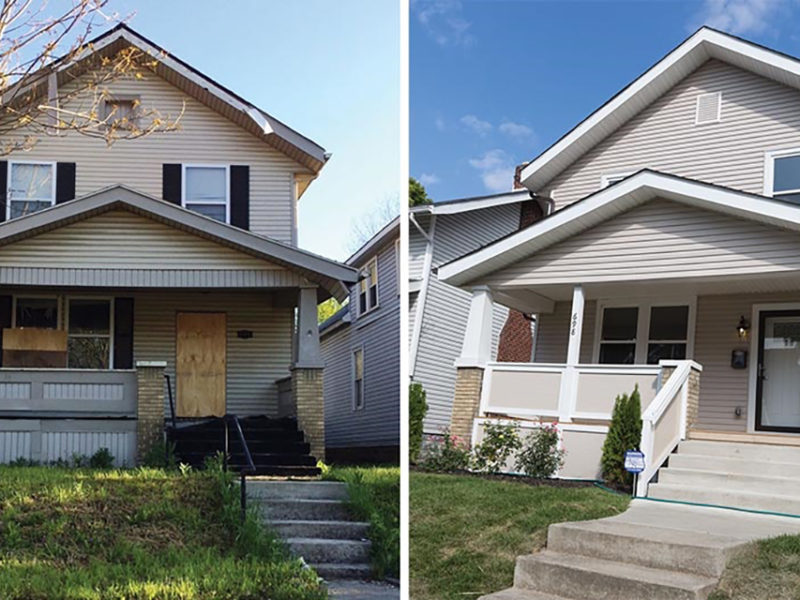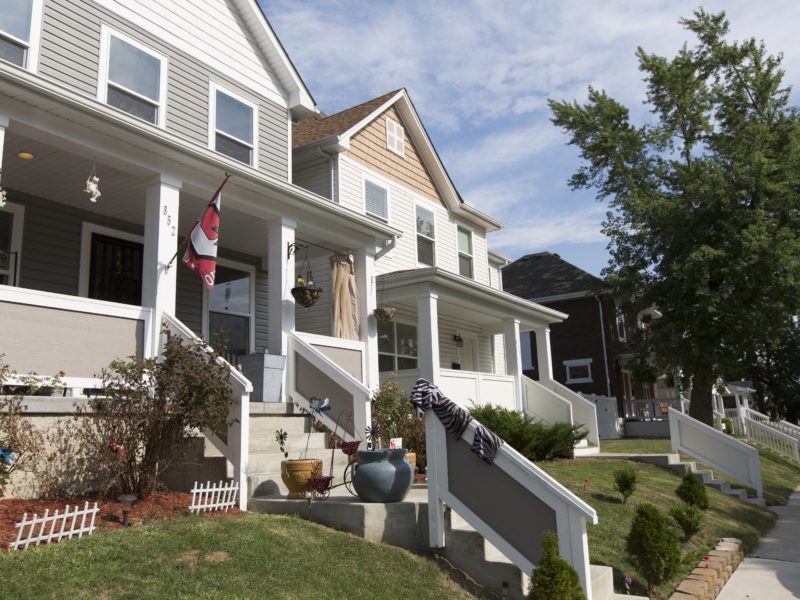Getting Children and Families Outside With PlayStreets
Getting Children and Families Outside With PlayStreets https://pediatricsnationwide.org/wp-content/uploads/2021/03/AdobeStock_104336092-1024x683.jpg 1024 683 Tiwana Henderson Tiwana Henderson https://secure.gravatar.com/avatar/09e2ac6043aef49328eb3c00e2dde146?s=96&d=mm&r=g- April 27, 2021
- Tiwana Henderson

A PlayStreet initiative in 2019 from Healthy Neighborhoods Healthy Families helped more than 350 South Side residents get outside and play – safely.
Research has found that children who play outside are more physically active and have stronger social skills that those who do not. Unfortunately, low-income neighborhoods with high rates of crime and lack of play space greatly inhibit opportunities for outdoor play, which may help determine why children living in these neighborhoods have higher rates of obesity, diabetes, cardiovascular disease, depression, and anxiety.
The PlayStreets initiative is a community-based outdoor play intervention that occurred in the South Side of Columbus, a predominately low-income community adjacent to Nationwide Children’s Hospital, and showed promising results. The South Side has been a focus of Nationwide Children’s community health initiative, Healthy Neighborhoods Healthy Families (HNHF) since 2008. In partnership with faith-based organizations, community development organizations, youth-serving non-profits, and local public schools, HNHF seeks to create positive health outcomes on the South Side by focusing on five impact areas: affordable housing, education, health and wellness, community enrichment and economic development. Some of these efforts include eliminating vacant, blighted properties, increasing homeownership and rental opportunities, mentoring students, and partnering with the neighborhood block watch.
What are PlayStreets?
PlayStreets are programs that promote outdoor play and social interaction in communities, most often those where children have difficulty playing outside due to safety issues (traffic and crime). Generally, a local nonprofit hosts the events, where a street is closed off to traffic and instead dedicated to hosting activities for children.
Several places around the world have implemented these programs and measured their outcomes. PlayStreets held in London and Louisiana have both successfully increased children’s physical activity levels. A program in New York found that families felt safe and were satisfied with the event. In California, PlayStreets were effective in attracting children who would otherwise have been indoors.
HNHF has the unique opportunity to explore different modalities for promoting community health. With goals to improve neighborhood perceptions, build upon social cohesion and create safe opportunities for outdoor play in the South Side, HNHF was able to build relationships within the community to implement the first PlayStreets in Columbus, Ohio.
How did we do this?
In the summer of 2019, HNHF gained tremendous support from within the community in hosting PlayStreets. Local stakeholders, including a community development organization and two civic associations were engaged in the marketing and implementation of the events, held every other week from mid-June until mid-August. HNHF secured a block party permit to ensure closure of the street for PlayStreets activities, and funding for the events was secured by Nationwide Children’s.
HNHF’s mentoring program was particularly helpful in the recruitment of volunteers from local high schools to staff the events, and additional volunteers were recruited through the use of signage, various newsletters and other hospital channels to ensure that employees were aware so they could share with patient families. PlayStreets events were advertised in the community with targeted marketing through Facebook, mailers to families in the South Side, and door-to-door outreach. Security for the events was secured and provided by the local police division, and free lunches for attendees under the age of 18 were provided by the Columbus Recreations and Parks Department
PlayStreets included a featured activity each week, including:
- Hip-hop dance class
- Story time hosted by the public library
- Bike demonstrations from the health department
- Bounce houses
- Petting zoo
- Sports
- Toy cars and scooters
- Crafts
Additionally, the Nationwide Children’s Mobile Care Center, an integral component of HNHF’s health and wellness impact area, provided free health screenings and educational opportunities at some events.
How did it go?
In order to understand and evaluate impact and community perceptions of the events, short surveys were given to those in attendance.
Based off of the number of lunches provided and the help of multiple volunteers taking counts, approximately 350 children attended PlayStreets over the course of the summer, and 69 surveys were completed. Survey results suggest that most children who attended were male and residing in HNHF’s target zip codes. The average age of children who attended was 7 years old, and most were accompanied by a caregiver. Although not measured in the survey, there were also instances when volunteers observed children attending without a caregiver.
The event largely attracted families whose children spend time outdoors almost every day; however, many families reported that if not for PlayStreets, their children would be sleeping, watching television or gaming.
All caregivers reported that they were happy to have PlayStreets in the neighborhood, where 80% of children met new friends, and over half of the caregivers said they had more contact with neighbors because of the event. Residents agreed that PlayStreets made them feel like a part of their community and thought that PlayStreets made the neighborhood safer.
What did we learn and what does it mean?
As expected, hosting PlayStreets was a great way to engage the community while increasing opportunity for outdoor play and social interaction. With continued investments, PlayStreets is likely to promote sustained improvements in physical activity, obesity rates and social cohesion in the South Side. Hospital buy-in and community support were crucial to the success of the event.
What are future plans?
Due to COVID-19, PlayStreets will occur in the fall of 2021 — hopefully in person, but possibly with a “take home” alternative. The team plans to expand them to the Linden neighborhood in Columbus as well as holding them in the South Side neighborhood. It will be important to hear from the community about how COVID-19 has impacted their lives and the lives of their children in order to plan and provide the resources needed for the unforeseen future. The events will focus on fulfilling requests from the community in hopes of building relationships, providing housing information, offering fresh produce and other activities.
Additional Authors: Millie Dolce, Hannah Zaim, Ashley Banks and Nick Jones contributed to this article.
Community Partners for PlayStreets included: Columbus Police Department, Columbus Recs & Park, Columbus Health Department, Columbus Metropolitan Library
Reference:
Adhikhari D, Henderson T, Dolce M, et al. An evaluation of PlayStreets in the South Side neighborhood of Columbus, Ohio. Perspectives in Public Health. February 2021. doi:10.1177/1757913921990411
Image credit: Adobe Stock
- Post Tags:
- Healthy Neighborhoods Healthy Families
- Posted In:
- Features




